


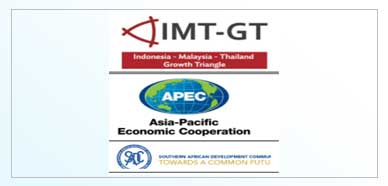
This research project examines three case studies of regional integration, namely the Indonesia-Malaysia-Singapore Growth Triangle (IMS-GT), the South African Development Community (SADC) and the Asia Pacific Economic Cooperation (APEC), to critically examine contemporary integration project as a phenomenon in which sovereignty, identity and boundary/territory are constructed and confirmed. I am concerned with two important questions: what are the central theoretical dilemmas concerning the concept of regional integration; and how can critical geopolitics employ the integration project and constructive discourses to form a broader view of regional integration?
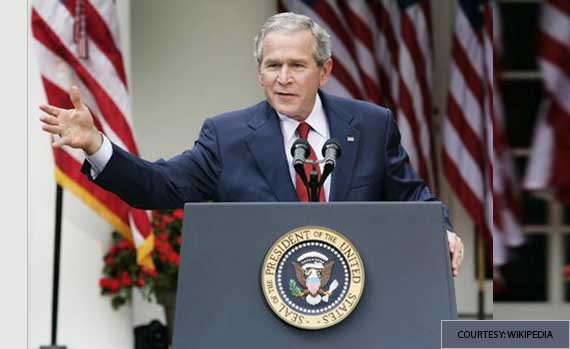
The research investigates an important dimension of how and why Australia, Canada, India and Singapore (four former British colonies) are united with the Bush doctrine on war on terror and how the conceptual infrastructure of contemporary American hegemony works, and how the military strategic dimension of geopolitical analysis is important to evaluate the American theme of empire and the Bush doctrine on War on Terror (9/11).

This comprehensive research focuses on how our law enforcing agencies are prepared and ready to defend Canadians from terror attacks including home-grown jihadist elements by rooting out their plots to attack Canadians in the future. The terror plot of the so-called the Toronto 18 (in 2006) is the best example, who conspired to bomb high-profile targets in Ottawa and downtown Toronto, was disrupted by the Integrated National Security Team. The video of Ottawa-born John Maguire delivering the ISIS’s message from an unknown place of Iraq or Syria remind us of the ISIS’s counter-strategy narratives to undermine Canada’s approval to participate in US-led air strikes, as well as to intimidate and spread fear among the communities that Canadians are at risk by home-grown jihadi terrorists.

The research study explains the “Role of New Social Media and Mass Awareness about the Jihadi and Fanatic Politics in the Middle East. My research looked at how new social media contest the jihadi and fanatic politics through online activism and mass awareness among the communities nationally and regionally. I am particularly interested how the new social media environment, Facebook, Twitter, blogs, YouTube, Instagram and SMS texts can shift the public’s understanding of and rejecting the jihadi politics in the Middle East. My study explains what should be the role of the Middle East in subverting the ambitious political plans of the militant groups in the region.
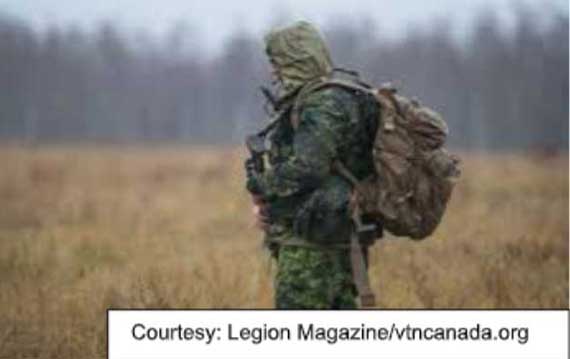
Working for a project titled PTSD and the Families of the Canadian Armed Forces (CAFs): the Role of the New Social Media (Facebook, Twitter, blogs, YouTube). The research shows that a mass awareness campaign through online community engagements for veterans with Post Traumatic Stress Disorder (PTSD) is needed in order to support Canadian Armed Forces and their families to address prevention, resilience and recovery.

The research study examines how some renowned Hollywood and Bollywood movies deal with geopolitical representations of empire and regional politics through the construction of discourses centered on the building of “empire” and “nation”. The narratives of specific Hollywood movies tend to explain contemporary geopolitics with an emphasis on America’s military power, strategy and world leadership while the genre of Bollywood movies reconnects the ideology of division through the establishment of geographies of ‘us’ and ‘them’ setting aside the so-called “secular face” of the state. Even a few Soviet movies under Joseph Stalin in the 1920s and 1930s were used as propaganda to convey the Communist party’s message to the mass population. They produced Anti-American sentiment in order to inform Russian citizens about the danger and threat of US ideologies.

A number of Bollywood films create meaning and geopolitical narratives through dialogue, raw images, settings, costumes and historical contexts. This study examines three contemporary Indian films —Earth (Deepa Mehta, 1998), Lagaan (Ashutosh Gowariker, 2001) and Sarfarosh (John Matthew Matthan, 1999) — that explore sub-continental history with a particular focus on insecurity, mistrust and suspicion. It discusses how socio-cultural and regional differences are (re)produced and how geopolitical meanings of ‘we’ and ‘they’ are narrated and constructed through Bollywood. These films construct an image of identity, belonging and difference, emphasizing that Hindus and Muslims are Indians however some legacies and suffering brought on during the partition of British India are still alive in memories when discrimination and exclusion are practiced in their ancestral homelands.

This research explores how United Way Ottawa (UWO) can work with social enterprise partners to establish specific, needs-driven development interventions and partnership objectives. UWO has the capacity to stimulate action in critical areas by adding its voice to the dialogue around the development of a legal framework. This organisation could also work to promote the ways in which partnerships with social enterprises can benefit the public sector. UWO works with more than162 partners in Ottawa to explore the diverse challenges facing all 107 Ottawa neighbourhoods. The study suggests the leadership role filled by the organisation can spark more innovative approaches to engage individuals and communities in the social enterprise sector. Likewise, UWO is also in position to coordinate policy makers, civil actors, political establishment, consumers and grassroots communities in creating a unified and comprehensive policy framework to support the flow of this new form of capital in the greater Ottawa region and across Canada.
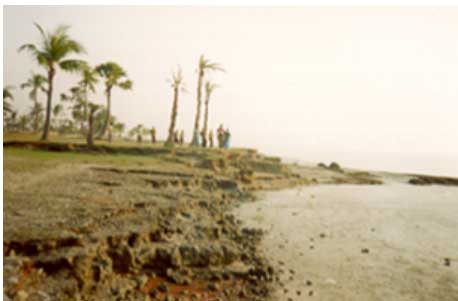
The study discusses the causes of rapid growth of IDPs in Bangladesh, the devastation of their homelands and culture, the emotional consequences of their dislocation, and the plans to develop a restoration process. A country like Bangladesh needs a democratized and sustainable policy to give security to its hundred and thousand poverty-stricken displaced peoples. The IDPs in Bangladesh are insecure because the state is either unable or unwilling to protect them. In a situation like this, IDPs fall into a vacuum of responsibility with and within the state. The failure of obligation of the state towards its citizens is the main cause that draws attention and subsequently demands the role of protection by the international community.
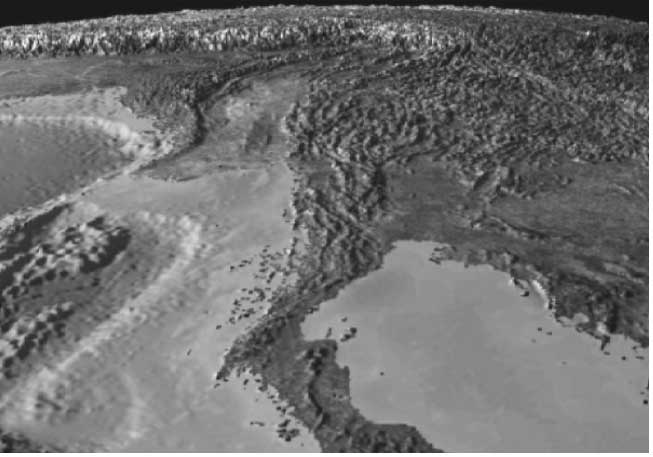
This research puts forward a host of proposals to mitigate more than 35 years of maritime boundary disputes between Bangladesh, India and Myanmar in order to foster a regional maritime cooperation and create a more comprehensive maritime order to challenge the growing dangers of piracy, deep-sea armed robbery, smuggling of narcotics and drugs, and improve the security of sea lanes communications (SLOC) within the waters of Bangladesh, India and Myanmar. This research study reviews the maritime delimitation law and UNCLOS regime and provides a brief discussion on Territorial Sea, Contiguous Zone, EEZ and Continental Shelf highlighting the challenge of security integration in South Asia.

This research demonstrates how the security of the South Asian region, specifically within the context of Bangladesh, India and Pakistan, is an epistemological question especially with regard to how cultural and political identities are structured and how hegemonic power, especially the role of India, is a threat to its neighbours and remains an obstacle to establish a concerted security paradigm in the region.
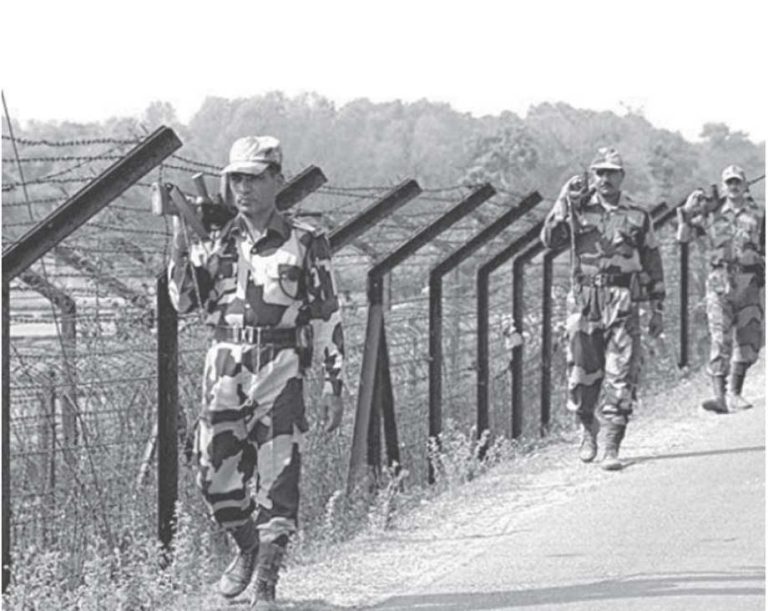
This research focuses on the separation of the subcontinent which wounded India and Pakistan and the relationship between Hindus and Muslims began to deteriorate. The division sowed the seeds of mistrust, jealousy and animosity between Hindus and Muslims, which ultimately led to an unprecedented bloodshed in the world history of ethnic and communal violence.
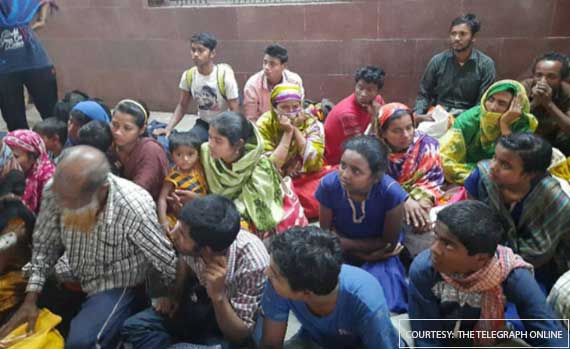
This study develops a historical background of the division of the Subcontinent and the manner in which the Indian political elites legitimized the process of fencing the border of Bangladesh, and how the governments of Bangladesh have long denied India’s allegations of aiding the insurgency, infiltration and cross-border terrorism. It highlights “Operation Pushback” and the BJP’s dogmatic campaign to drive out illegal Bangladeshi poor migrants who migrated to India to look for farming or manual jobs, as the BJP claims. But Bangladesh officially maintains that there are no illegal immigrants from Bangladesh to India. The BJP's attempt to bring the issue of migration to the forefront is raising tensions between religious communities, and thus fueling the fire that is creating sectarian unrest in the region. The study postulates that both Bangladesh and India can play a greater role in establishing a security community/alliance, and it suggests that the fencing of neighbours is a denial of friendship; a demarcation between friends and foes, and above all, a neo-containment policy that promotes social-seclusion while refusing the age-old adage “love thy neighbours.”
International Seminars
Research Papers
International Awards
Published Books
